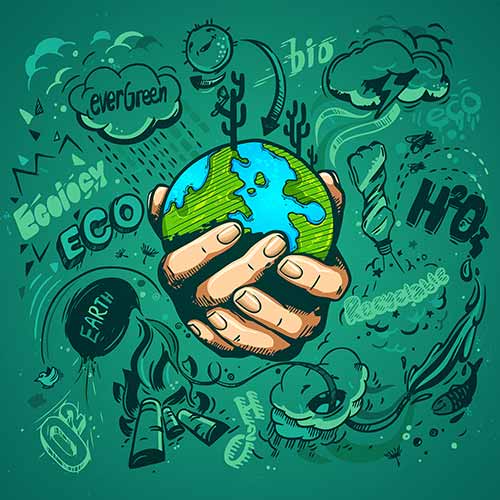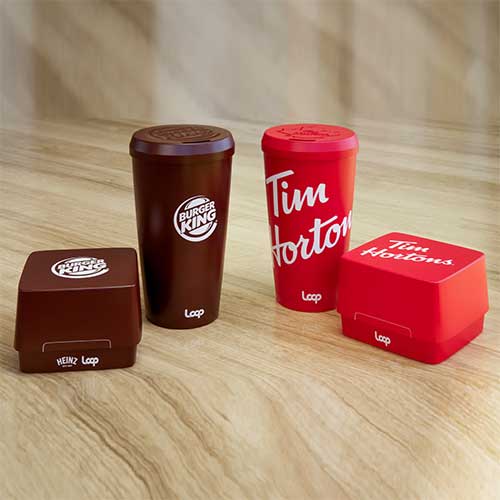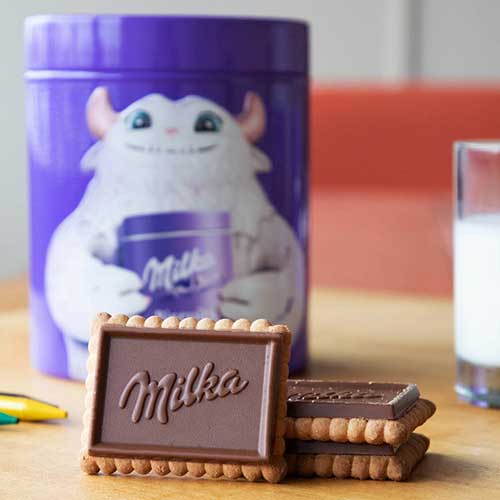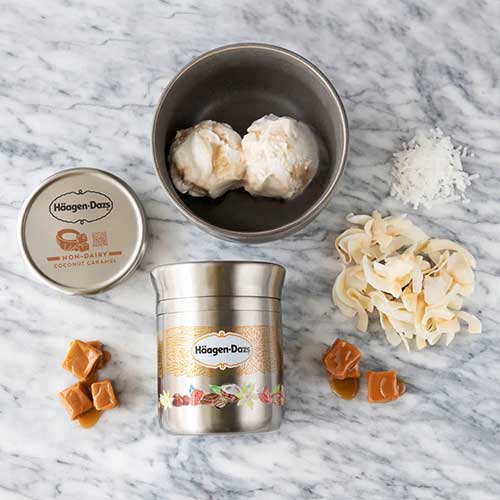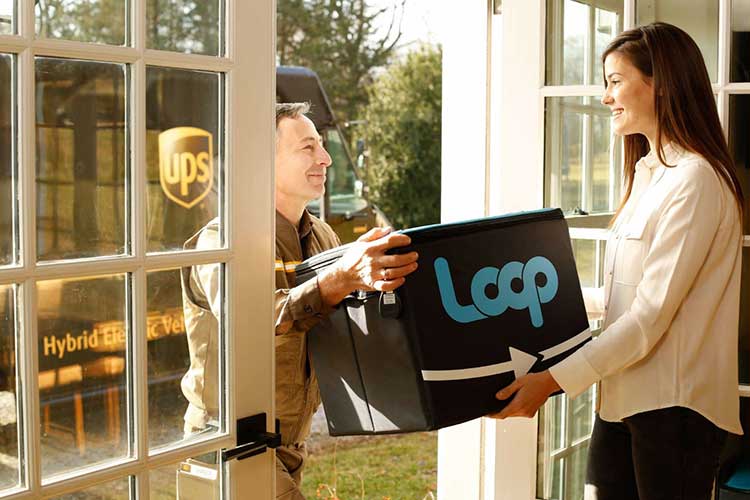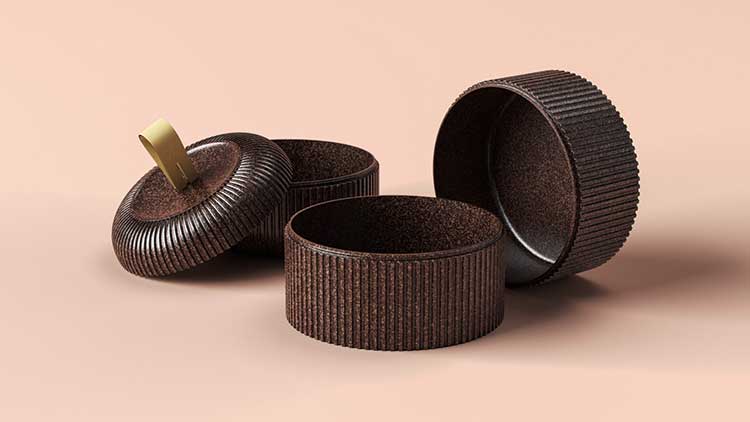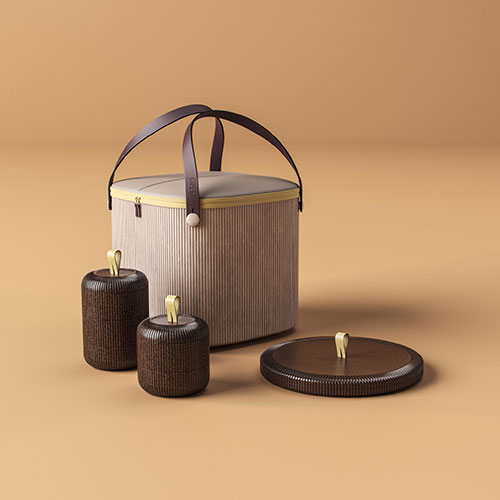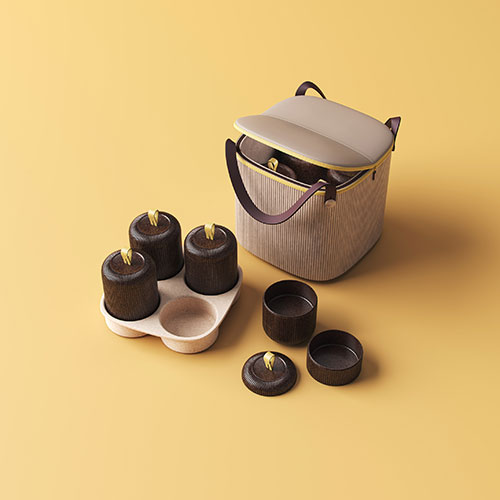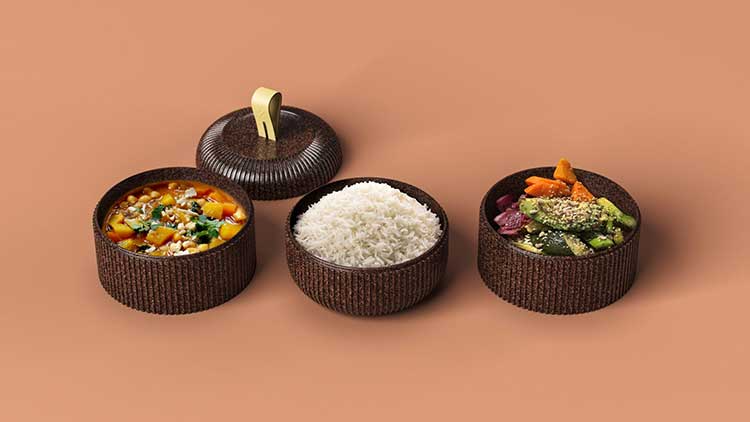Plastic has no doubt revolutionised the world ever since we laid eyes on the first iteration of the miracle material in 1907. Humans have been practically addicted to plastic ever since, producing over 300 million tons of it every single year. Worse still is the fact that, given a choice between the most convenient option and the most sustainable options, the average person will almost always opt for the convenient option. It is for this reason that 50% of the plastic we produce is not reusable and almost eight million tons of the stuff is dumped into our oceans every year!
Unfortunately, the future outlook isn’t looking too good either with plastic pollution projected to increase by 40% over the next decade. And that is before we consider the effect the virus has had on the use of disposable plastics. For instance, during Singapore’s eight-week lockdown that eased on June 1, the island city-state’s 5.7 million residents discarded an additional 1,470 tons of plastic waste from takeout packaging and food delivery alone, according to a survey cited by The Los Angeles Times.
It comes as no surprise then that there is a desperate need for something to be done. Thankfully, it seems that some companies and individuals are on the job and the next biggest trend in the food industry is looking to change things with Reusable packaging. According to research converting 20% of global disposable plastic packaging into reuse models is a potential USD 10 billion business opportunity that not only benefits customers but also corporate as well as represents a crucial element in our quest to eliminate plastic pollution. In fact, as a company, adopting reusable packaging can have several advantages such as reduced costs, better efficiency, improved carbon footprint, an improved customer experience, and a local customer base through packaging returns and reward schemes. As consumers, we also benefit from lower costs and discounts, personalised purchases, and more, all while helping to save the environment.
Some companies and design studios have already taken the initiative and begun their own designs and ideas for reusable packaging, and in fact, some international brands have already begun implementing them with incredibly positive results. Here two great examples:
Loop
Launched for the first time in January last year, Loop is a relatively new initiative by a company called TerraCycle. The product they developed is the result of more than a year’s work and is aimed at establishing a circular economy where Loop produced higher quality packaging that is reusable instead of being thrown away. Their model is relatively simple – order products of your choice from their partner retailers and they are delivered to you in very high-quality packaging and in a tote bag.
Once you are done with them, you can forget the hassle of cleaning, sorting, and throwing out the packaging as you would have normally done with single-use packaging. Instead, just put it back into the Loop Tote and schedule a free pick up directly from your home. This simple yet innovative idea has convinced some of the worlds biggest brands to come on board. In fact, their partners exceed far beyond just the food industry, including the likes of Procter & Gamble, Nestlé, PepsiCo, Unilever, Mars, Clorox, Coca-Cola, and many more. They are currently available in the United States, UK, and France, and are in the process of expanding internationally to Canada, Germany, Australia, and Japan.
PriestmanGoode Zero Concept
Earlier this year, PriestmanGoode, a London-based design studio, unveiled new designs to help tackle the vast amounts of plastic packaging used in takeaway food deliveries. The project is the latest in a wide range of concepts the studio has created that highlights how design thinking can help us tackle some of the big issues in everyday life and lead us towards a more sustainable future.
Their idea, like that of Loop, is relatively simple and is designed to promote a circular economy. Zero’s boxes would feature bento box style containers, instantly halving the amount of packaging required, by removing lids. The packaging is also designed to be transferable between restaurants and if produced, will be made from natural sustainable materials.
Both these concepts have really been welcomed with open arms by both corporates and customers and in the case of Loop has already proven to be extremely successful. Hopefully, these ideas grow to become more widespread in the future and make their way across the globe. Then maybe we can finally say goodbye to plastic waste once and for all.

